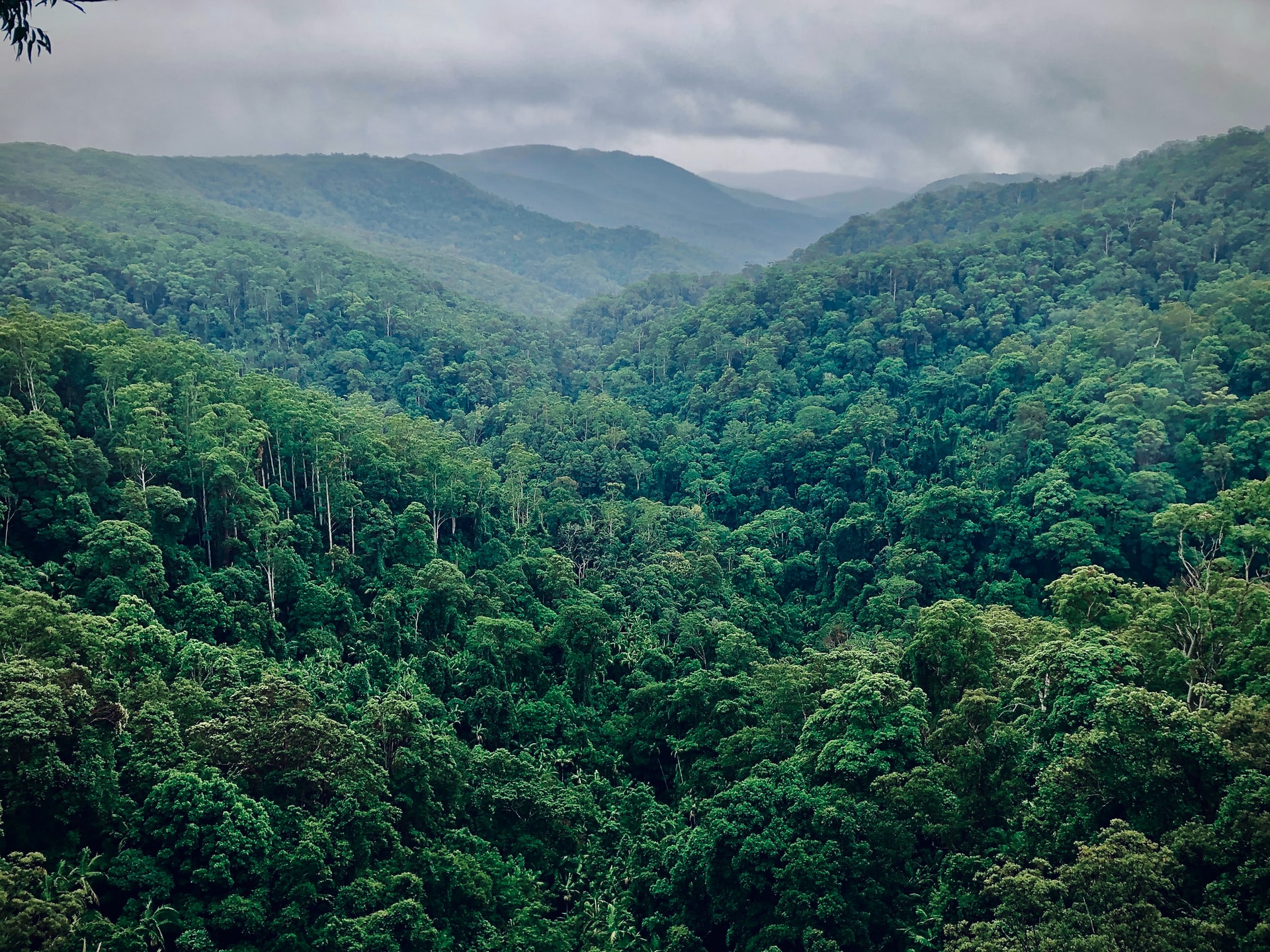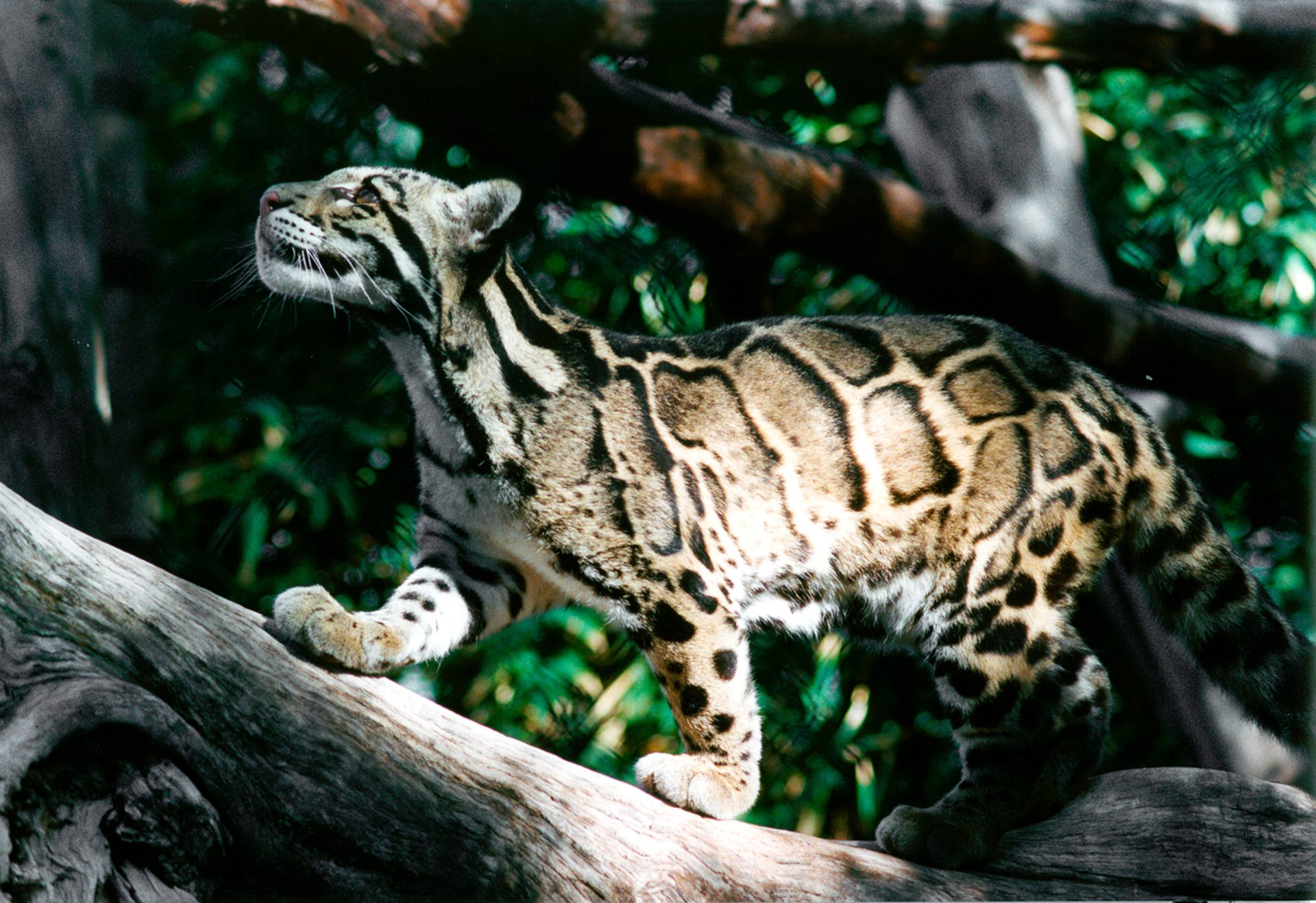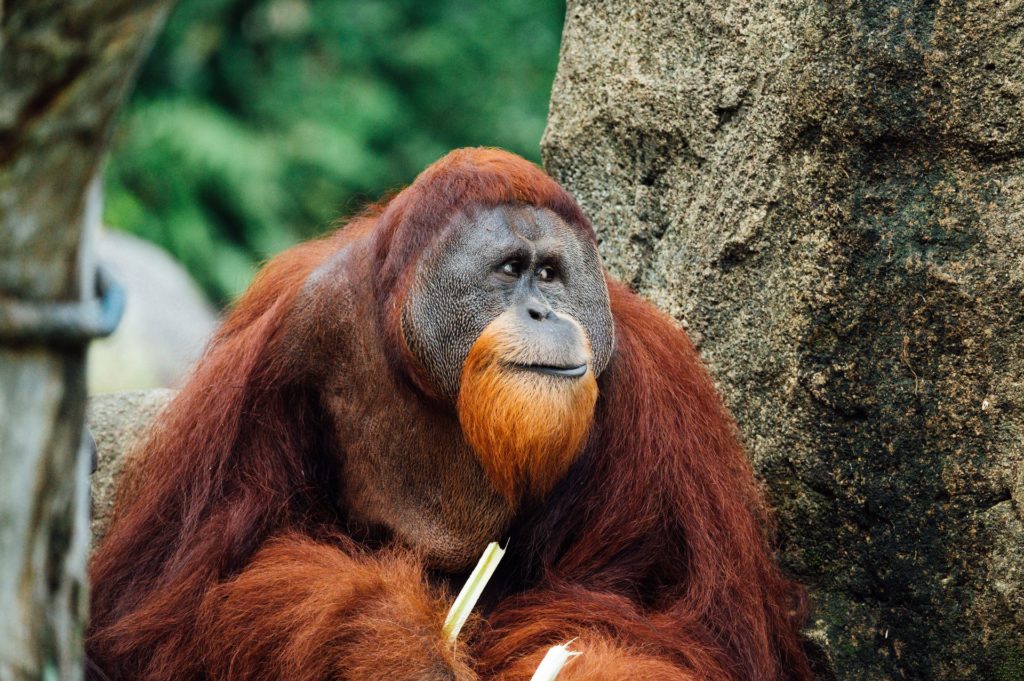European imports are threatening the ecosystems of vulnerable animals like the orangutan, anteater and clouded leopard, according to a new report from the World Wildlife Fund in Belgium.
The EU bears responsibility for the destruction of ecosystems in relation to its imports of soya, beef, wheat, palm oil and timber, the report says, adding that such destruction contributes not only to a collapse of biodiversity, but also climate change.
“The EU is the second-largest importer of raw materials linked to deforestation, after China,” the report reads.
“But the EU also imports large quantities of products from non-forest natural ecosystems in Indonesia, Brazil and the US, and has an important responsibility to protect them.”

Destruction occurring at alarming rate
The natural ecosystems concerned include forests, savannahs, peatlands, grasslands and mangroves, and in some cases - as for the tropical savannah in Brazil – destruction is occurring at a rate even faster than that of the Amazon rainforest.
Between August 2020 and July 2021, the Cerrado savannah in Brazil lost 8,531 km², or the equivalent of half of Wallonia.
“The expansion of agricultural production in this region poses a direct threat to the hundreds of species that live there, including 75 critically endangered species,” the report explained.
Vital habitats being lost
Some of the species affected by habitat loss include the orangutan and the clouded leopard. These animals, along with many other endangered species, live in the peatlands of Kalimantan, the Indonesian part of the island of Borneo.
“These peatlands – important wetlands for storing water and carbon globally – are being converted at an alarming rate, as are those on the island of Sumatra, the last bastion for the indigenous tiger and rhino, not least to supply us with palm oil,” reads the report.

Shrimp farming is also a cause for habitat loss: Indonesia is responsible for about 8% of the world's shrimp production and Europe is the destination for 6% of the country's total exports.
“Yet these mangroves provide an important habitat for many species, such as sea urchins, are very valuable for coastal protection and as nurseries for many fish species, and are also an extremely important carbon sink,” WWF found.
Europe partly to blame
WWF says the EU plays a clear role in the destruction of these natural ecosystems by importing products from areas that have undergone, or are in danger of undergoing, significant conversion in order to meet demand.
The European Commission published a proposal for a law to minimise the impact of EU consumption on global biodiversity back in November, but WWF says while the law tackles deforestation, it delays the possible protection of other ecosystems.
“If the EU excludes natural, non-forest ecosystems from its regulations, the conversion caused by EU consumption in these ecosystems will continue,” said Béatrice Wedeux, policy officer and forest expert at WWF-Belgium.
“Worse, it would carry a significant risk of accelerating the destruction by shifting production from forests to non-forest ecosystems.”

